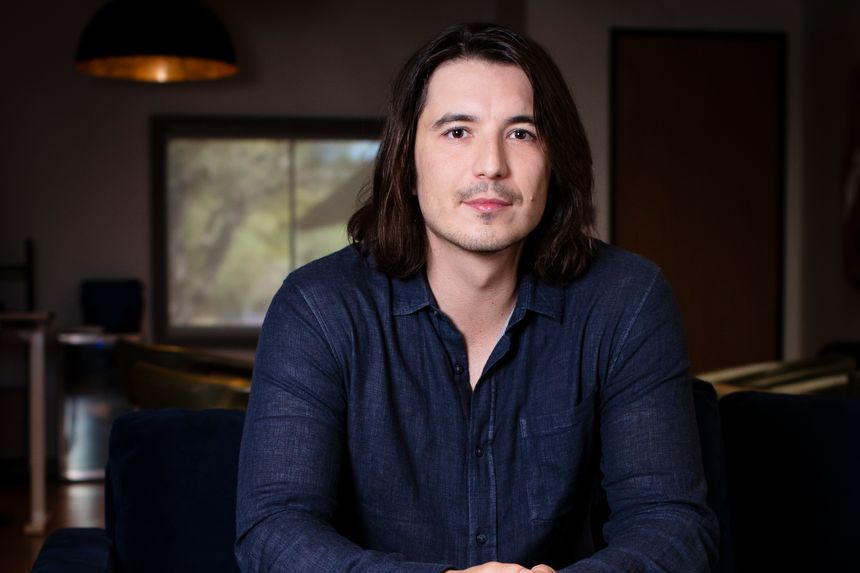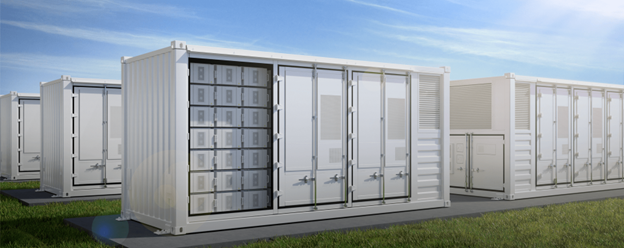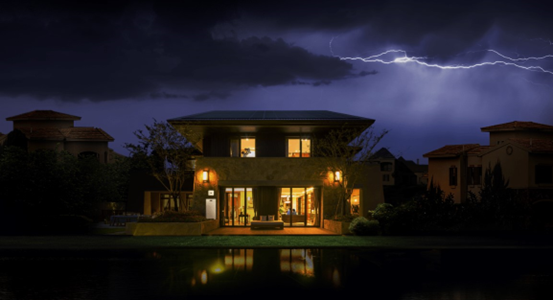Robinhood has said it and some executives would sell 55 million shares, so the offering should yield more than $2 billion.
The price reflects both hesitation on the part of some investors, who bristled at what they saw as the high valuation Robinhood sought, as well as a conscious decision by the company and its underwriters to be conservative in order to help set up a successful first-day of trading, according to people familiar with the matter.
Next up for Robinhood is its trading debut, which the company will make Thursday on the Nasdaq stock exchange under the symbol HOOD. It is a markedly different debut than the traditional IPO. While most companies only allocate a small amount of stock to individual investors at the time of their IPOs, Robinhood sold a big chunk of its IPO shares to individual investors over its new platform that gives users access to IPOs before they start trading.
That high individual investor allocation is an X factor for Thursday’s debut. The large chunk in the hands of individual investors—as well as the buzz around Robinhood by other individual investors who didn’t receive shares in the IPO—has led some traders at banks that underwrite big IPOs to say it is hard to predict how the stock will open.
Robinhood’s decision earlier this year to stop users from buying meme stocks like GameStop Corp. GME -5.28% during the height of the frenzy for such shares rankled some investors and could prompt some to eschew the offering.
Past IPOs in which a significant percentage of shares were allocated to individual investors have struggled. In 2012,Facebook Inc.FB 1.49% sold about 25% of its IPO to individual investors. The stock closed slightly above its $38 IPO price in a rocky first day of trading before tumbling the next day, in part because many individual investors received more stock than they wanted. It took more than a year for Facebook to close above its IPO price again. In 2006,
Vonage Holdings Corp. VG 0.56% allowed longtime customers to buy into its IPO. Its stock also wobbled in early trading.

The Robinhood listing is another landmark in a historic boom in IPOs as a rising stock market and hearty investor appetite entice a slew of successful private companies to shift to public ownership. Some 20 companies are going public each week this year, according to Dealogic. Traditional IPOs had raised more than $98 billion as of Tuesday, on the cusp of surpassing all of 1999 and 2000 as the biggest year ever for U.S.-listed IPOs.
In the nearly seven years since it launched its app, Robinhood has gone from a tiny startup to one of the largest U.S. retail brokerages. The firm, which popularized zero-commission trades, says its mission is to democratize investing. It is a philosophy Robinhood reinforced Saturday by hosting a live-streamed roadshow presentation for individual investors.
As of the end of June, the firm had 22.5 million funded accounts and its users held about $100 billion of assets on the Robinhood platform.
The company went viral earlier this year when millions of amateur investors downloaded its app to participate in the explosive rally in meme stocks like GameStop. The breakout moment nearly broke Robinhood, as the company had to restrict purchases of some high-flying stocks and raise billions of dollars in emergency capital to meet regulatory requirements that kicked in because of the increased trading volumes.
Robinhood bounced back and continued to attract new users, but, more recently, it flagged that its growth is slowing. The company said in a securities filing last week that it expects its third-quarter revenue to fall relative to the second quarter, partially due to decreased trading activity.
Its popularity has brought increased regulatory scrutiny too. In the past nine months, the company has agreed to pay more than $130 million to settle investigations into a range of its business practices. There could be more on the way: Robinhood disclosed this week that it got a new request for information from Wall Street’s self-regulatory body, Finra.
The Robinhood IPO is being led by Goldman Sachs Group Inc.GS -0.16% and JPMorgan Chase JPM 0.17%& Co.
—Caitlin McCabe contributed to this article.









